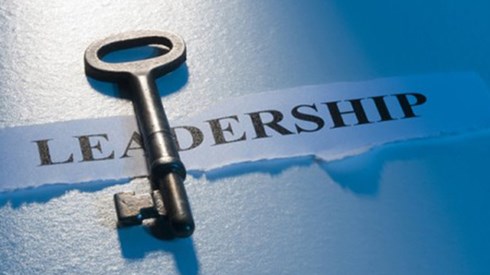What Is Your Plan for Making Hiring Decisions?

Mike Poskey | December 19, 2018

A growing company needs to reduce the risk of turnover and increase the return on investment in its human capital. This can be accomplished by forming a plan for hiring decisions that aligns each candidate with the job opening.
While it is important for business leaders in expanding companies to plan for hiring decisions, many push the hiring process down their to-do list and instead make important hiring decisions based on so-called gut instincts or a cursory résumé review.
Relying on subjective factors when hiring often leads to turnover and a loss of productivity from having to repeatedly onboard, train, and offboard employees who were not the best fit for their assigned role.
Without a plan, companies will not know what the ideal candidate looks like, how to identify the ideal candidate, and how to distinguish candidates with similar résumés. The following tools may be utilized to find the candidate that best aligns with a job opening.
Hiring Tool: Identify Core Competencies
The first step in formulating a hiring plan is identifying the core competencies that will lead to success in the position being hired for. Without establishing these important benchmarks, it will be impossible to determine whether a candidate aligns with the competencies of the ideal person in this role.
After the competencies for a position are identified and documented, each candidate should complete an assessment that measures the individual's core competencies. The evidence gathered about each candidate will help determine which candidates best align with the position.
Completing this step will also help identify the candidates that should be advanced to a behavioral interview to unlock more evidence about their competencies in a workplace setting.
Hiring Tool: Prepare for a Behavioral Interview
All team members who will be conducting a behavioral interview should be trained on how to conduct a behavioral interview and understand the purpose of the interview.
Preparing for success also means examining the candidate's résumé to determine whether there is alignment with the position.
- What does the résumé say about his or her motivational patterns?
- What type of jobs has the candidate held at past companies?
- How long was the candidate at each previous company?
- What type of companies has the candidate gravitated toward in the past?
The answers to these questions will guide the behavioral interview questions that a team can craft for each interview. Once the interview guide is prepared, the team is ready to conduct a behavioral interview.
Hiring Tool: Conduct a Behavioral Interview
The importance of the behavioral interview is focusing on the core competencies that match a successful person in the role you are interviewing for. By emphasizing the preparation step before the interview, the team will be able to unlock information about each candidate's past behavior in a previous role that is similar to the role for which he or she is applying. It is vital to unlock details about the candidate to determine if he or she matches the ideal persona for the role.
Within this process, the behavioral interview questions will guide the interview team on how to gather evidence about past situations to determine what task was required, the action the individual took, and the result of his or her action.
Many candidates will try to present subjective opinions about what they would do if faced with similar circumstances. The behavioral interview solves that problem by ensuring that the interview team and the candidate stay focused on gathering the candidate's actual behavior in a similar context to understand whether he or she will be a good fit and be productive for the company.
Preparing for the behavioral interview also allows teams to understand how and when to use secondary probing techniques to unlock more evidence about the candidate's competencies. This is important for continuing to guide the candidate away from hypothetical situations and providing more information about real events that target the competencies for the position.
Upon completion of the behavioral interview process, measurable information helps determine which candidate to hire.
Mike Poskey | December 19, 2018







